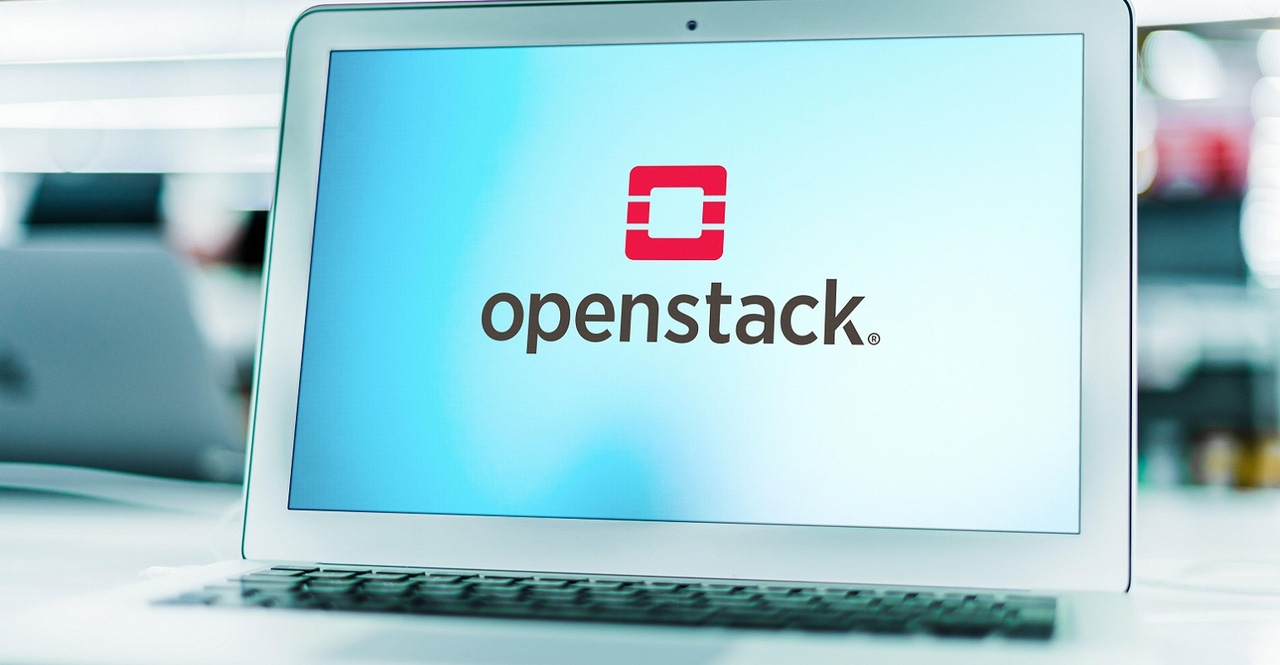OpenStack Bobcat Delivers Enhanced Open Source Cloud CapabilitiesOpenStack Bobcat Delivers Enhanced Open Source Cloud Capabilities
The new OpenStack Bobcat release brings new security and scale to the widely deployed open source cloud platform.

The Open Infrastructure Foundation today launched OpenStack Bobcat, the 28th version of the popular open source cloud software platform.
Bobcat is the second OpenStack update this year, following the OpenStack Antelope release that debuted in March. OpenStack continues to be widely adopted, with more than 40 million cores deployed worldwide and 90% of the largest telcos using it.
OpenStack Bobcat consists of over 10,000 individual code changes from more than 580 developers and contributors.
OpenStack Bobcat includes a number of new features and enhancements designed to bolster security and improve management capabilities for the large infrastructure deployments that many global organizations rely on.
Many of the updates in OpenStack Bobcat are actually new hardware enablement in drivers for components, Thierry Carrez, general manager of the Open Infrastructure Foundation, told ITPro Today. However, he noted that the project is highlighting several new features that operators and users specifically requested.
"The most useful change for end users that we are highlighting in the announcement is likely going to be the support of time-based one-time passwords (TOTP) in Horizon, allowing the implementation of two-factor authentication (2FA) workflows into the web UI," Carrez said.
Ironic Bare Metal Service and Manila File Service Updates
The OpenStack Ironic bare metal compute service is among the highlighted updates in the Bobcat release.
Carrez said that Ironic is now growing the ability of servicing active nodes rather than just provisioning new nodes and cleaning up inactive ones. In his view, the new Ironic capability is going to open possibilities for operators like firmware updates without having to stop the bare metal server or migrate its workloads.
The OpenStack Manila shared file system also received a notable update. In the OpenStack Bobcat update, the Manila shared file system service has a new resource locking framework that allows administrators to lock availability zones, shares, and access rules against accidental or malicious deletion.
Nova Compute Is Mostly Feature-Complete
When the OpenStack open source effort debuted in 2010, the Nova compute was one of its core projects.
After 13 years of development, work on Nova still continues as development remains a work in progress, though it's a very mature and stable technology, according to Carrez.
"I'd say Nova is mostly feature-complete at this point, but that does not mean new features are not landing in every release," he said. "It just means the features become more and more specialized around very specific use cases, as the common use cases are now fully covered."
Case in point, in the Bobcat release, two new scheduler weighers have been introduced, he noted. This increases the number of strategies available to users to schedule their workloads.
Another Nova enhancement in the OpenStack Bobcat release is that the libvirt driver can now be configured to take advantage of the translation block features in QEMU. Carrez said that feature helps reduce memory footprint for virtual machines — a critical feature to increase density in constrained environments.
The next major update for the OpenStack platform is code-named "Caracal" and is currently planned for April 2024.
About the Author
You May Also Like








.jpg?width=700&auto=webp&quality=80&disable=upscale)
